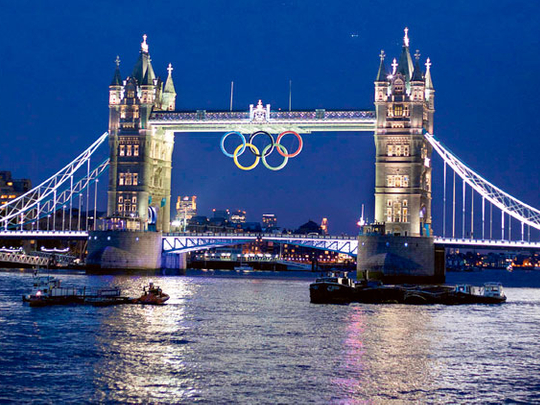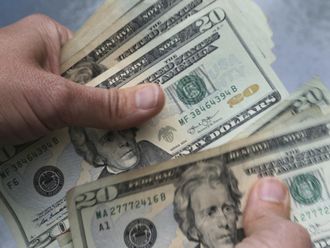
London: The Olympics brought less tourist money to recession-hit Britain than businesses had hoped for, a trade group said on Monday, with a majority of tourist companies reporting losses from last year.
A survey of more than 250 tour operators, hoteliers and visitor attractions found that tourist traffic fell all over Britain, not just London, said UKinbound, a leading trade association representing British tour operators and other businesses dependent on tourists.
“A lot of people thought London would be very busy and very expensive at this time,” said Mary Rance, the group’s chief executive. “We weren’t completely surprised but we were a bit disappointed that (the Olympics) seem to have had an impact around the UK, not just London.”
The group’s survey said that of its members, 88 per cent reported some losses during the games compared to the same period last year. The businesses reported that visitor numbers were down by 10 to 30 per cent compared to last year, Rance said.
Officials are still tallying up the total number of tourists who came to - or avoided - London this summer. The capital normally sees about 1.5 million tourists on average in August, and it’s not yet clear if that is up or down this year.
The official visitor figures won’t be available until September.
Tourism officials say that international Olympics visitors to London, including athletes, officials and tourists, totalled about 300,000. Domestic spectators from Britain made up the majority of people visiting games venues.
Restaurants and shops have complained that these games visitors did not spend as much money on food and shopping as typical summer tourists.
“The people who came to the games really didn’t do very much sightseeing, didn’t do very much shopping, didn’t do very much eating out,” said Miles Quest, a spokesman for the British Hospitality Association.
London’s hotels have hit about 80 per cent occupancy, which is not higher than typical August rates, Quest added.
Rita Beckwith, chief executive of City Cruises, an operator of sightseeing tours on the Thames, said the Olympics period had been “deeply disappointing”.
There were some positive signs. Visa, the only credit card accepted at the Olympics venues, reported that international visitors to Britain spent more than £450 million (Dh2.61 billion, $705 million) on their cards during the first week of the games, up by 8 per cent on the same time last year.
Around £12.7 million were spent on Visa cards in London restaurants last week, an increase of almost 20 per cent on a year ago.
London and Partners, the company that oversees the tourism industry in the capital, said it had expected the lower visitor numbers this summer. But it stressed that it was more important to focus on the long-term effect the Olympics can have in bringing in potential tourists.
“We are now working with (tour operators) to promote the legacy of the games and to turn the millions of viewers into visitors, who can come to the capital and experience the new attractions and exciting places they have seen on their screens,” it said in a statement.










